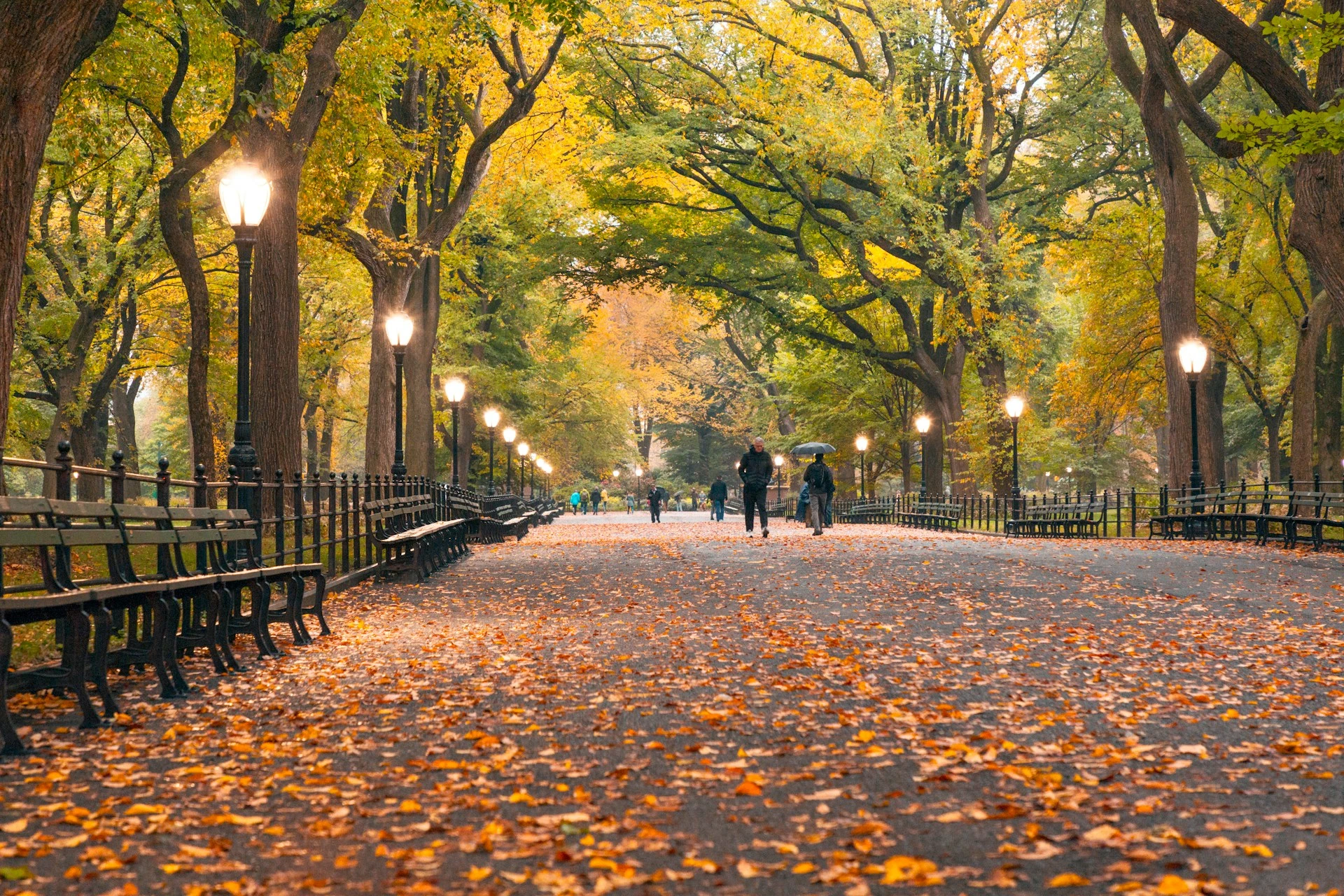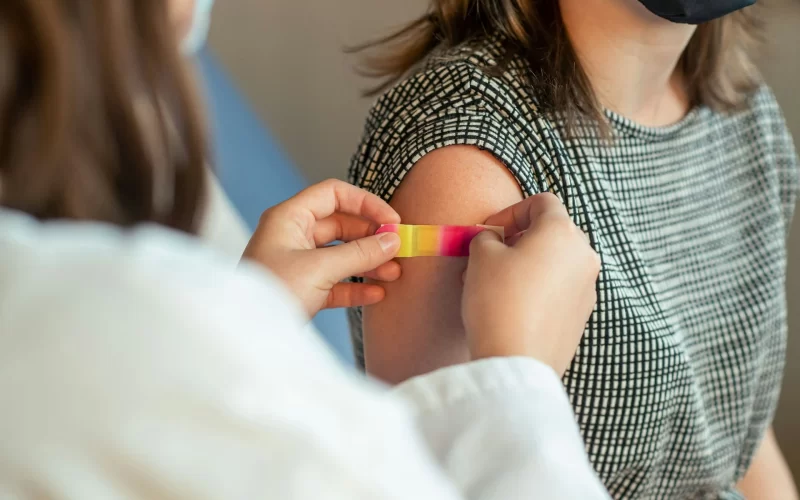MVP invited Dr. Jennifer Toh from ENT and Allergy Associates to help us better understand how relieve common symptoms that come up when the late summer starts and fall creeps in. Check out Dr. Toh’s top 10 tips and share with someone you know who might find this useful!
- Start your allergy medications before the start of allergy season, ideally before symptoms begin. This is the most effective way to control symptoms. A reliable resource to track pollen counts in your area is the American Academy of Allergy, Asthma, and Immunology (AAAAI) National Allergy Bureau™.
- Minimize allergens at home by keeping windows closed, especially at night. After spending time outdoors, shower, wash your hair, and change clothes to avoid bringing allergens inside. Leave your shoes by the door, and keep car windows closed while driving.
- When outdoors, wear sunglasses and a hat to help prevent pollen from getting into your eyes and face.
- Know the difference between allergy symptoms and the common cold. As the school year starts, children are re-exposed to each other, and viruses can spread. Fever, chills, and sore throat may suggest a viral infection, while sneezing, itchy throat, and watery eyes point to allergies.
- Allergy seasons are changing! Due to climate change, fall allergy symptoms can start earlier and last longer—often beginning in early August and extending through late October. Research shows that warmer temperatures and increased carbon dioxide levels contribute to longer growing seasons for allergen-producing plants.
- Remember, there’s more than one allergy season! While spring is known for allergies, fall brings ragweed, weed pollen, and mold spores from fallen leaves, which can also trigger symptoms.
- Avoid quick-fix medications like nasal decongestants (e.g., Afrin or Sudafed) and combination products labeled for cold and flu. These can cause side effects such as dry mouth, insomnia, increased heart rate, and elevated blood pressure. Prolonged use (more than 3 days) may worsen nasal congestion.
- Invest in a HEPA air filter to reduce large allergens such as pet dander and pollen in your home environment.
- Wash your bedsheets in hot water and dry them on high heat to eliminate dust mites that can accumulate in your bedroom.
- Know your specific allergens! Consult a board-certified allergist/immunologist for allergy testing and personalized treatment options to help you prepare for the season ahead.
Guest Blogger for MVP





